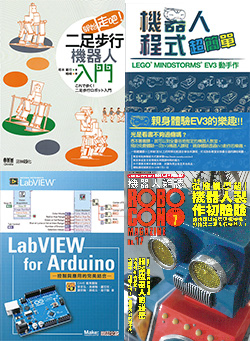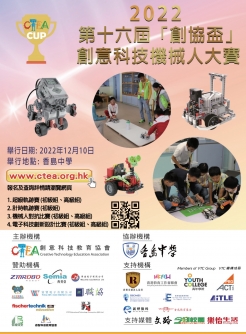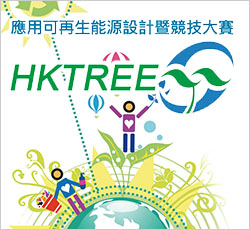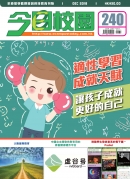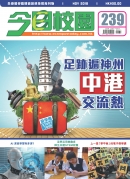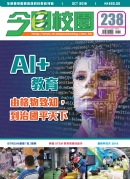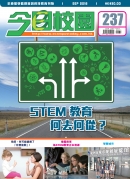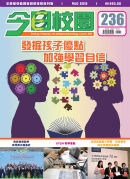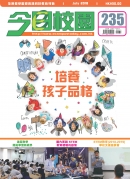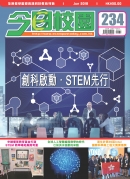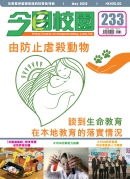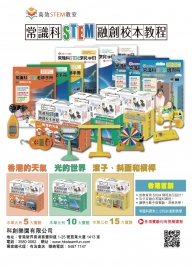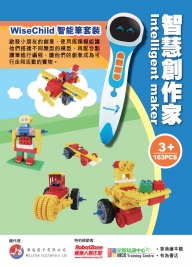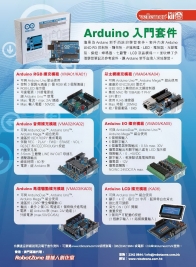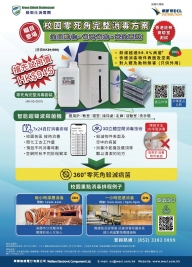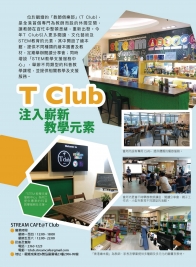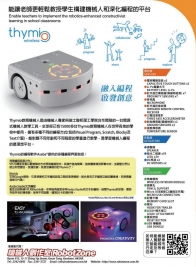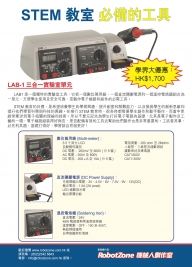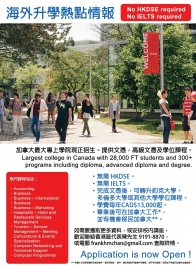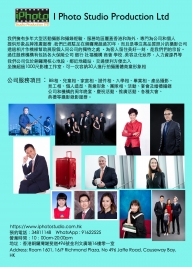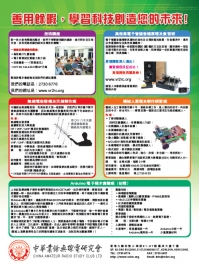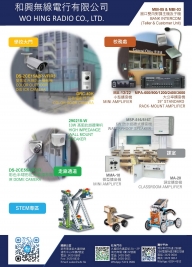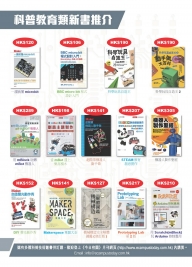Writing Question:
Some people believe that eating and drinking on public transportation should be allowed. Others oppose it. Write a letter to the editor of the Hong Kong Daily giving your opinions. Provide three reasons to support your point of view.
Dear Editor,
The controversial topic of whether eating or drinking should be allowed on public transportation has elicited polarized reactions from citizens. A cacophony of different opinions regarding this issue have been voiced. From my point of view, in no way should this action be permitted.
First and foremost, the hygiene problem is undoubtedly the utmost concern when discussing this issue. Take trains as an example. Imagine a person drink a can of cola, and the train is screeching to a stop, how terrible would that be? Food and drinks dropped on the floor makes a mess on the train and the seats, handrails and even the floor get wet and sticky. Would anyone like to have a train journey in a dirty environment? According to the MTR corporation, there are around 3.7 million commuters every weekday. If everyone were allowed to eat food on the trains, and even if only 1% of the passengers drop their food accidentally, that would amount to 37,000 food scraps. Moreover, the smell of the food may even attract flies or cockroaches, which make hygiene and the environment even worse. It is hardly an overstatement to say that eating and drinking on public transportation creates a mess and leads to lots of hygiene problems. Thus, allowing eating and drinking on public transportation is never a wise option.
Aside from befouling the environment, it is also disruptive to other passengers and it inconveniences others. Snacks like chips are popular, but they are excessively crunchy and makes noise. Drinks like juice, if you accidentally spill it, the seats become sticky. These are all examples of the trouble that you are creating and how you are disturbing others. Some may claim that Hong Kong people always work from dawn to dust. Eating on public transportation lets them have time to cram in a bite and it is convenient. How about those who want a short break on the transportation after a day of heavy work? The noise and those problems make by eating are way too disruptive! We should always be responsible and spare a thought for everyone else. It is never an excuse to eat and drink on public transportation. The opposing side may again say that if we limit the kinds of food that are allowed then if will satisfy both sides. While some paint a rosy picture of this suggestion, I tend to be conservative as it would be difficult to regulate. Yes, fruits like apples are less juicy and they should be accepted. How about other fruits like mangoes? Are we going to make a complete list of what can be eaten? It is not an easy feat. The disruption created by eating and drinking on public transportation is hard to eliminate and therefore it should not be permitted.
Most importantly, if this suggestion is allowed, more and more extra workers will be needed as there will definitely be some rubbish like food packages, food scraps and some sauces to be cleaned up. The MTR Corporation and other transportation companies have to employ a huge amount of cleaners for the cleaning and sanitary jobs. These companies bear the burden from it, and finally we, the passengers, will reap what we have sown – the ticket fees will be much higher! Passengers need to pay a hefty price tag for what we have done if eating and drinking is allowed. Is there any need to do this? Never. Most citizens, if not all, only want the ticket price to be as low as possible but not higher. Moreover, when there are cleaning and sanitary jobs to be done on public transportation, it is possible that the schedules of the buses and trains will become less reliable as they arrive late due to the time for cleaning. Is it worth it to neglect our own finances and let this suggestion come true? We should not make ourselves the victims of our own success.
In summary, there is no room for debate on the notion that eating or drinking should be allowed. Not only does this practice bring hygiene problems and disrupt others, it also harms our personal finances as ultimately the fares will increase. The HKD 2,000 penalty for those who eat and drink on public transportation should remain to keep the environment fresh and tidy.
Yours faithfully,
Mavis Li
иЁӮй–ұж–№жі•пјҡ и«ӢжҢүжӯӨиҷ•
иЈңиіјжҹҘи©ўпјҡжӯЎиҝҺиҮҙйӣ»гҖҠд»Ҡж—Ҙж Ўең’гҖӢиЁӮй–ұйғЁ 2342-8298 (鄧е°Ҹе§җ)


